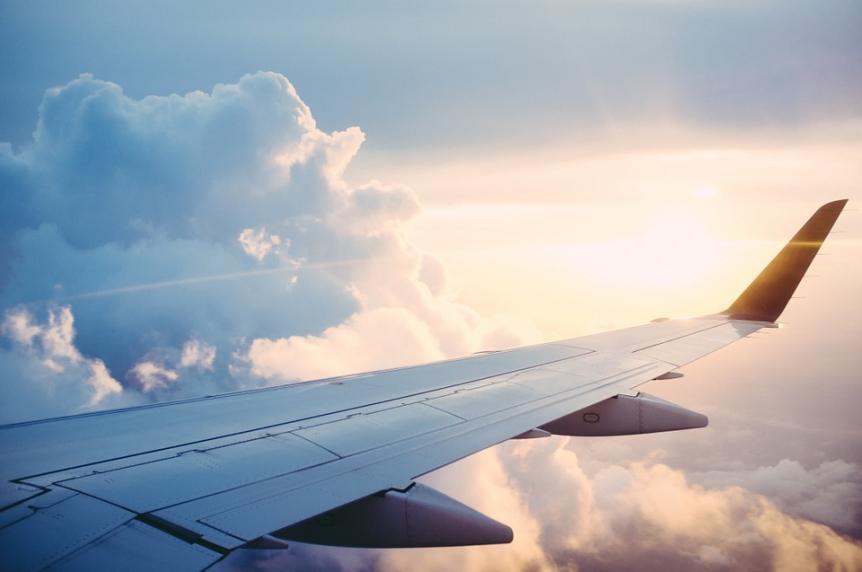AirAsia, the low-cost Malaysian carrier, plans to turn Japan into a hub for budget air travel in East Asia by increasing routes from Nagoya, its Japanese base, and expand pilot training.
Speaking at the Nikkei Global Management Forum in Tokyo on Tuesday, Tony Fernandes, the group's chief executive, said he had moved from Kuala Lumpur to live in Tokyo to drive the business personally following the failure of an earlier push into Japan.
"I am very determined to make AirAsia Japan work," said Fernandes, referring to the new operation, a joint venture between his Kuala Lumpur-listed group and Japanese investors which include e-commerce company Rakuten. "You can't really understand the business until you live here. It's a big decision for me."
Fernandes' earlier attempt, a joint venture with All Nippon Airways, ended in 2012 after disagreements over differences of culture. To minimize the chances of a new setback, Fernandes moved to Roppongi, a Tokyo entertainment district, as soon as AirAsia Japan's inaugural flight took off earlier this year from the industrial city of Nagoya.
It now plies the Nagoya-Sapporo route while the group's long haul unit, AirAsia X, also connects several Japanese cities to Southeast Asia as well as Hawaii in the U.S.
"Our plans are very big but they depend on the regulators," said Fernandes. He intends to connect Bali, Indonesia and Phuket, Thailand, to Nagoya, as well as other Japanese domestic destinations including the northern city of Sendai.
Fernandes said Japan is "amazingly positioned" geographically in the middle between Europe and the U.S., making it a strategic location for Asia's largest budget carrier by fleet size to expand.
In a veiled criticism of Japan's slow approach to decision-making, Fernandes suggested hesitation can hold the country back. "Sometimes you analyze too much that you get paralyzed."
Even so, the former music industry executive believes so much in the potential for air travel in and around Japan that he is planning to start programs to train pilots in Japan. Asian airlines have been plagued in recent years by a lack of pilots in the face of a growing travel demand.
The plan to strengthen the base in Japan came after a deal for an AirAsia hub in China collapsed in August.

